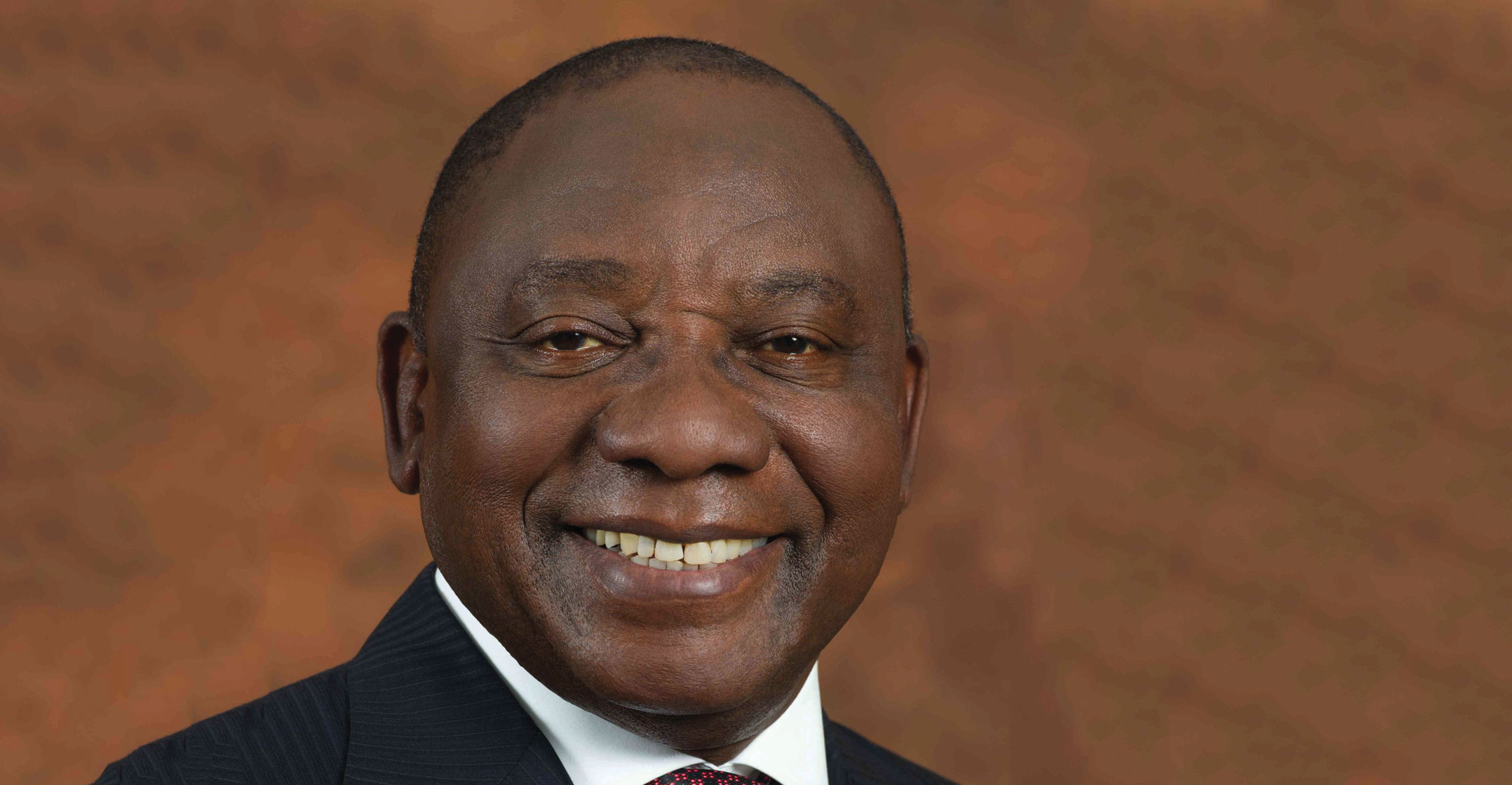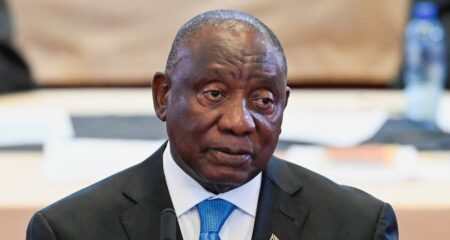
Government plans to spend R500-billion shoring up an economy devastated by the fallout from the coronavirus pandemic and supporting those who’ve been worst affected.
It will reprioritise R130-billion of expenditure from existing budgets, and borrow from domestic and international lenders, President Cyril Ramaphosa said on Tuesday in a televised address to the nation. There will be R200-billion in guarantees for banks to encourage them to lend, while an additional R50-billion will be allocated to welfare grants for the poor and unemployed, he said.
“The coronavirus pandemic requires an economic response equal to the scale of the disruption it’s causing,” Ramaphosa said. “The scale of this emergency relief programme is historic. It demonstrates that we will not spare any effort or any expense in our determination to support our people and protect them from harm.”
The support package equates to 10% of GDP and will add to government debt, which national treasury said was already approaching unsustainable levels before the virus struck.
The rand weakened as Ramaphosa delivered his speech, dropping as much as 1.4% against the dollar.
South Africa has been relatively spared the worst of the ravages of the pandemic — it’s had 3 465 infections and 58 fatalities so far. Still, a lockdown aimed at curbing the spread of the disease and preventing the health system from being overwhelmed is ravaging the economy, with the central bank expecting it to contract 6.1% this year.
Details of the funding will be announced in an adjustment budget tabled by the finance minister, Ramaphosa said, without giving a date. The World Bank, International Monetary Fund, Brics New Development Bank and the African Development Bank have been approached and are working with national treasury on various funding transactions.
Economic crisis
“We will and we must do whatever it takes to recover from this human, social and economic crisis,” Ramaphosa said.
Despite the ostensibly large stimulus package announced, national treasury hasn’t injected as much new money into the economy. They have reshuffled expenditure and put out a massive loan-guarantee programme. What you need is spending, not lending. Only R170-billion of the package represents new discretionary spending, making the size of the actual support package announced closer to 3% of GDP.
The government initially imposed a 21-day lockdown on 27 March, and later extended it by another two weeks. Enforced by the police and military, it only allows people to leave their homes to buy food, collect welfare grants and seek medical care — unless they provide essential services.
Ramaphosa said he will announce measures on 23 April to begin phasing out the lockdown to get the economy going again. — Reported by Prinesha Naidoo and Mike Cohen, with assistance from Amogelang Mbatha, Antony Sguazzin and Robert Brand, (c) 2020 Bloomberg LP




